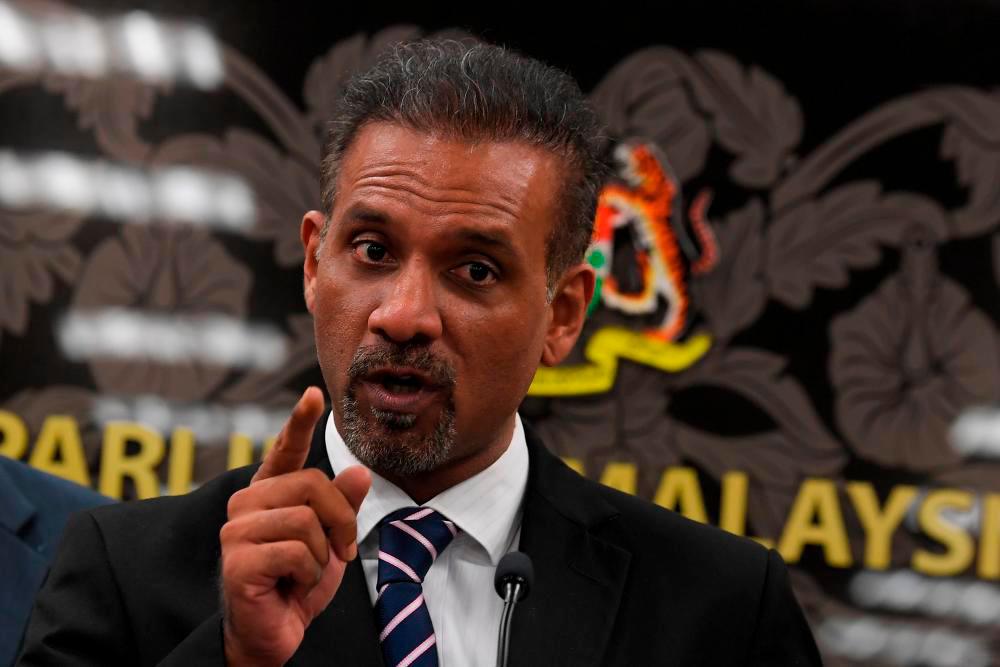
Ramkarpal adds to the growing voices for PH to stick to its principles

IT seems like tensions within the Pakatan Harapan (PH) coalition, particularly between the DAP and Prime Minister Datuk Seri Anwar Ibrahim’s leadership, are becoming more pronounced.
The recent vocal opposition from DAP leaders including Ramkarpal Singh and Lim Guan Eng, suggests growing frustration over issues such as corruption, human rights and the repeal of draconian laws like Security Offences (Special Measures) Act 2012 (SOSMA).
DAP has long positioned itself as a champion of democracy, human rights and anti-corruption efforts.
Ramkarpal’s statement on the Sabah corruption scandal reinforces this stance, demanding thorough investigations and legal action. His comments add to a growing chorus urging the authorities to take action rather than brush the issue aside.
Meanwhile, Lim’s criticism of the police’s treatment of Suara Rakyat Malaysia (SUARAM) executive director Sevan Doraisamy underscores another key concern: PH’s commitment to reform.
The arrest of a human rights activist over a hunger strike highlights the contradictions in the government’s approach, given that PH once campaigned on repealing laws like SOSMA.
While PH remains a coalition, recent events suggest that some in the DAP and Anwar’s faction may not be fully aligned. DAP has always been vocal about human rights and democratic freedoms but Anwar’s government has been hesitant in making bold reforms, especially regarding laws like SOSMA.
This hesitation has led to frustration within DAP, which now finds itself increasingly at odds with PH’s direction.
Additionally, speculation about possible leniency towards former prime minister Datuk Seri Najib Razak raises further concerns. If the former prime minister – convicted of corruption – receives preferential treatment, it could be perceived as a betrayal of PH’s original promise to clean up Malaysian politics.
Such a move might be the breaking point for DAP, whose core supporters demand accountability and justice. The widening gap between DAP and PH raises several questions about the coalition’s future:
1. Will DAP remain in PH if core reform promises are ignored? The party may face pressure from its base to take a firmer stand.
2. Could this lead to a political realignment? If DAP loses faith in Anwar’s leadership, it may explore new alliances or a more independent approach.
3. How will Najib’s potential legal manoeuvres affect PH’s credibility? If Najib benefits from political interference, public trust in PH could erode significantly.
The coming months will be critical. If PH continues to drift away from its reformist promises, DAP may have to make a tough choice – stick with the coalition or take a stronger independent stance. Either way, Malaysian politics appears headed for more turbulence. — Feb 15, 2025
No comments:
Post a Comment